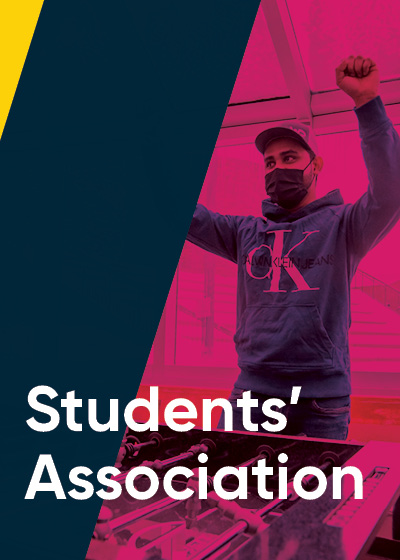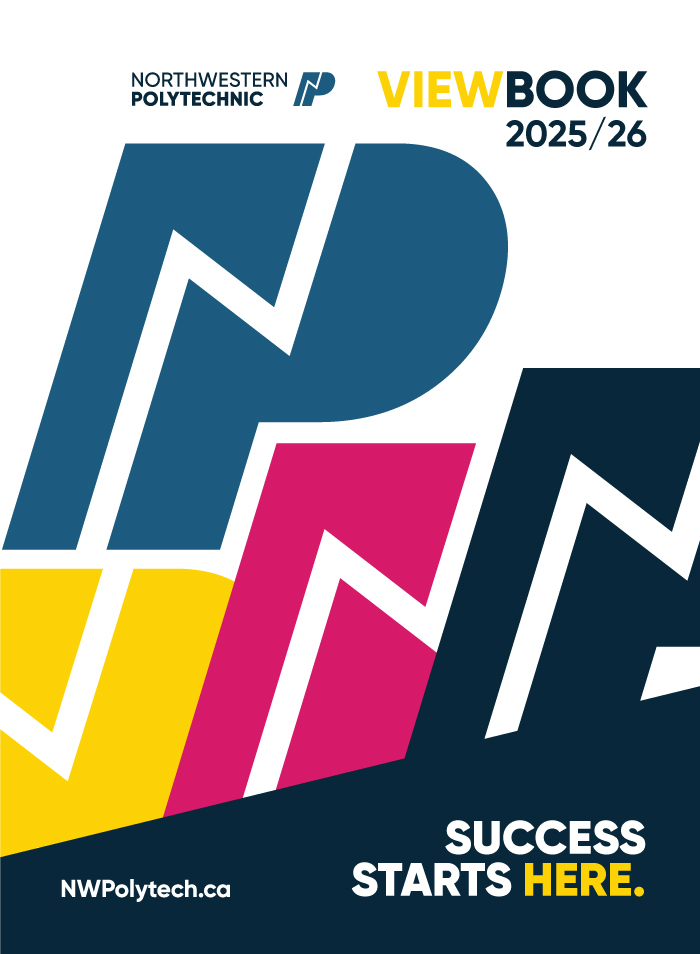News Archives: Winter Planting - A Pollutants to Products Success Story
Monday, December 3rd, 2012
Imagine planting tree seedlings at -17C in the winter and achieving 94% survival rate: this successful research project by the Grande Prairie Regional College's Pollutants to Products (P2P) Initiative is supported by the Oil Sands Leadership Initiative (OSLI.) OSLI is a collaborative network between ConocoPhillips Canada, Nexen Inc., Shell Canada, Statoil Canada, Suncor Energy Inc. and Total E&P Canada. Other partners include Alberta Environment and Sustainable Resource Development, Global Restoration Corp. and Next Generation Reforestation Ltd.. This collaboration began in 2010 and led to the planting of 900 black spruce seedlings in Grande Prairie. In addition to the previous support of $35,000, OSLI has agreed to provide $26,000 in additional funding over the course of the next four years. This project, known as P2P's Winter Planting project, was developed as an attempt to improve forest reclamation. Boreal wetland forests in Northern Alberta are often disturbed by oil sand exploration. Reclaiming these areas is difficult due to poor site access and excessive moisture at the sites causing poor tree growth. Planting seedlings in winter would promote better tree growth and allow easier site access. The only question was whether the seedlings could survive being planted in such harsh conditions. Mounds of peat were created with a backhoe, which, because the ground temperature is warmer than the air temperature in winter, meant the seedlings were not planted in frozen ground. The roots were able to take hold and the trees survived the first growing season. It was not clear whether the trees would continue to perform well, so OSLI agreed to support continued monitoring of the seedlings. The first year's results were so successful, though, that OSLI decided to put the technique into practice in their reclamation work in winter 2012. Our success in winter planting has been identified by Suncor CEO as one of the major innovations in oilsand reclamation effort, and indeed is the first of this kind in the world. "This unique concept of planting trees in winter time will allow us to have an easier access to the wetlands so as to enhance the restoration processes of natural ecosystems in the boreal region," says Jeremy Reid P.Biol. Environmental Specialist, Community Consultation and Regulatory Affairs, Nexen Inc. This project is another example of how GPRC, and the P2P Initiative, are working with local companies and organizations to solve their applied research problems. "Adding to its extensive list of regional and national industry partners, the P2P Initiative is proud to now also be part of sustainable solutions in Alberta oil sand development" said Dr. Weixing Tan, P2P Principal Investigator. "Applied research and scholarly activity are among the obligations of a comprehensive community college such as GPRC," says Susan Bansgrove, Vice-President Academics and Research. "At GPRC we are exceptionally proud of the Centre for Research & Innovation (CRI) and reliant upon the services it provides in support of applied research for our students, faculty and greater community."













